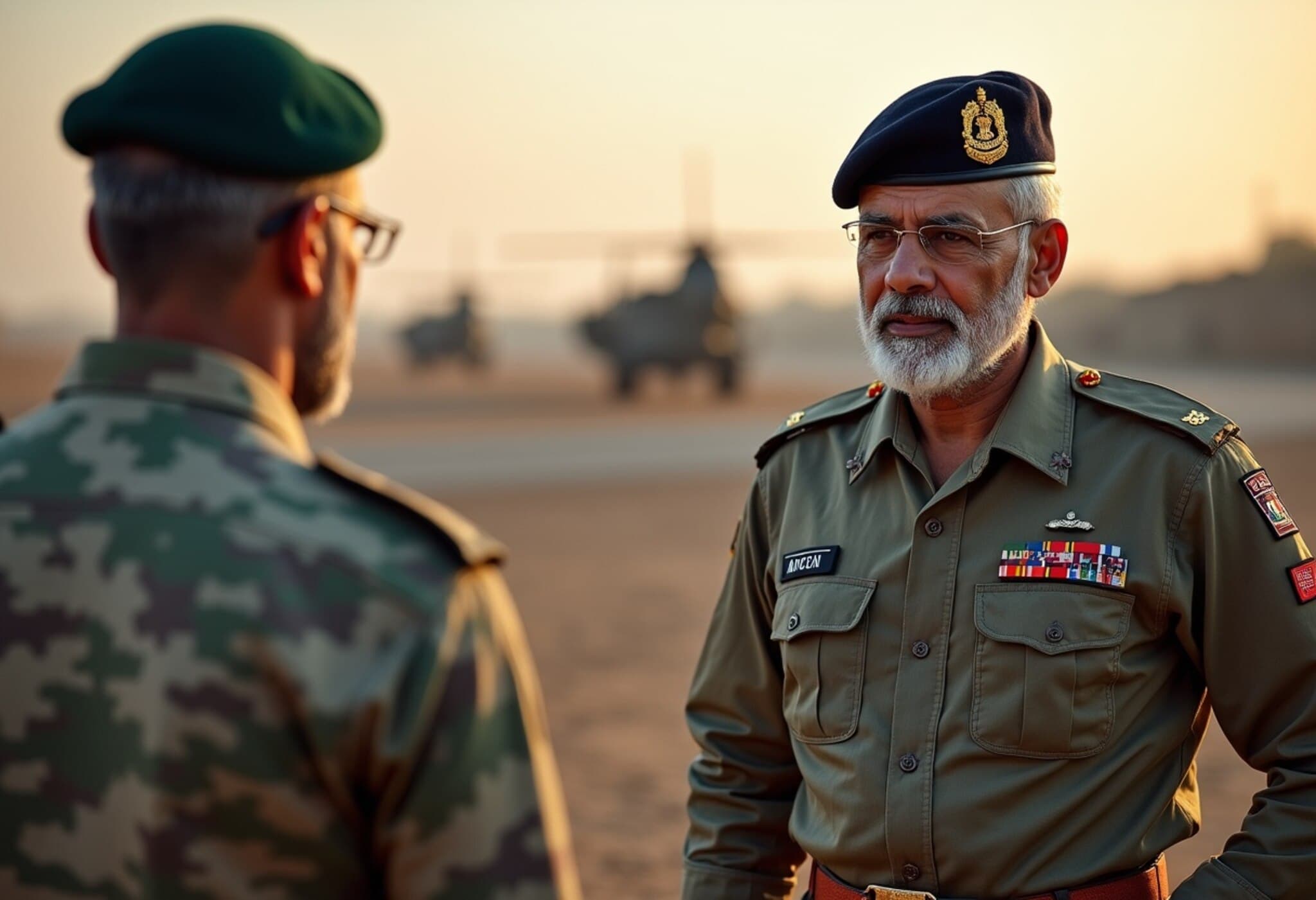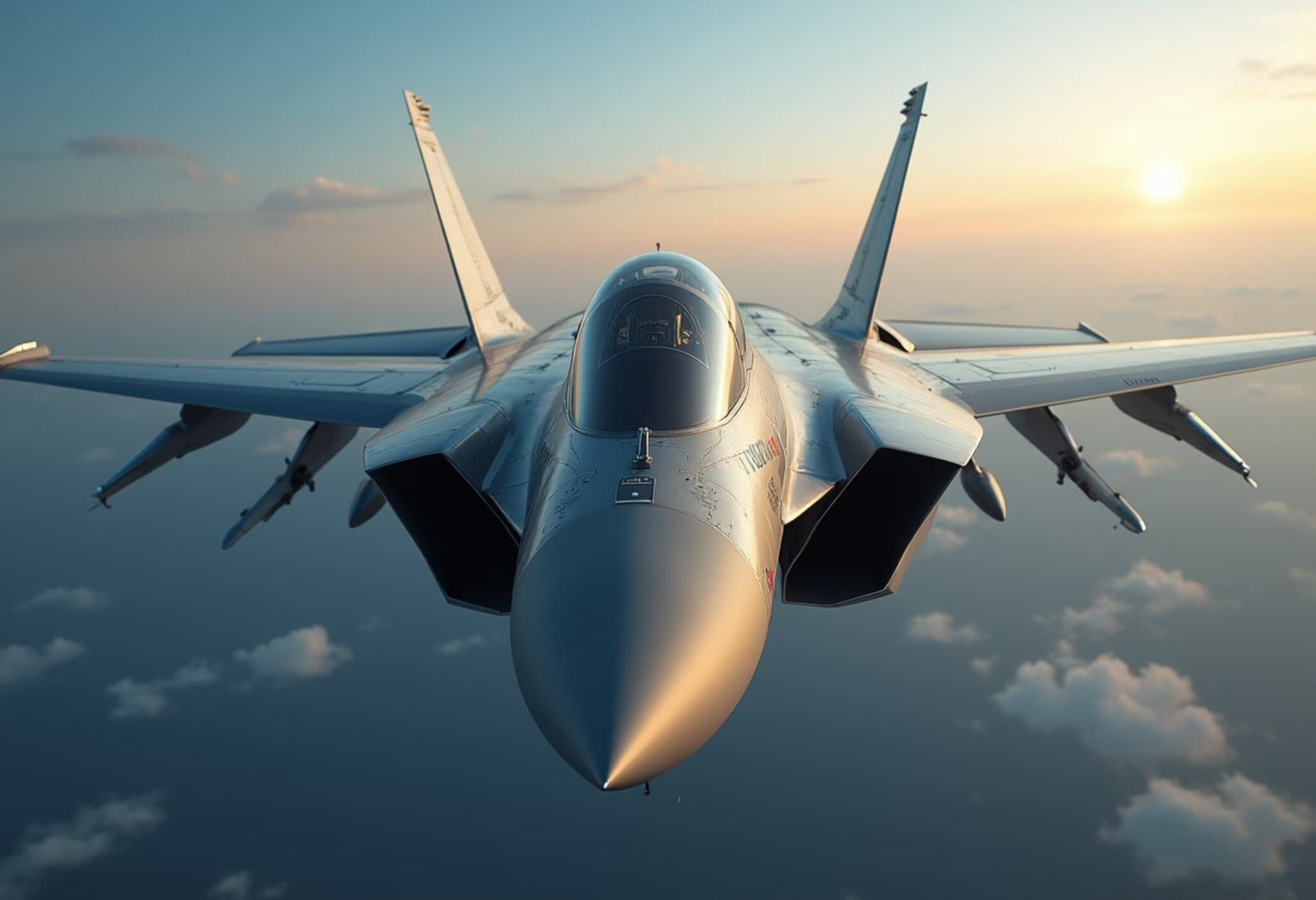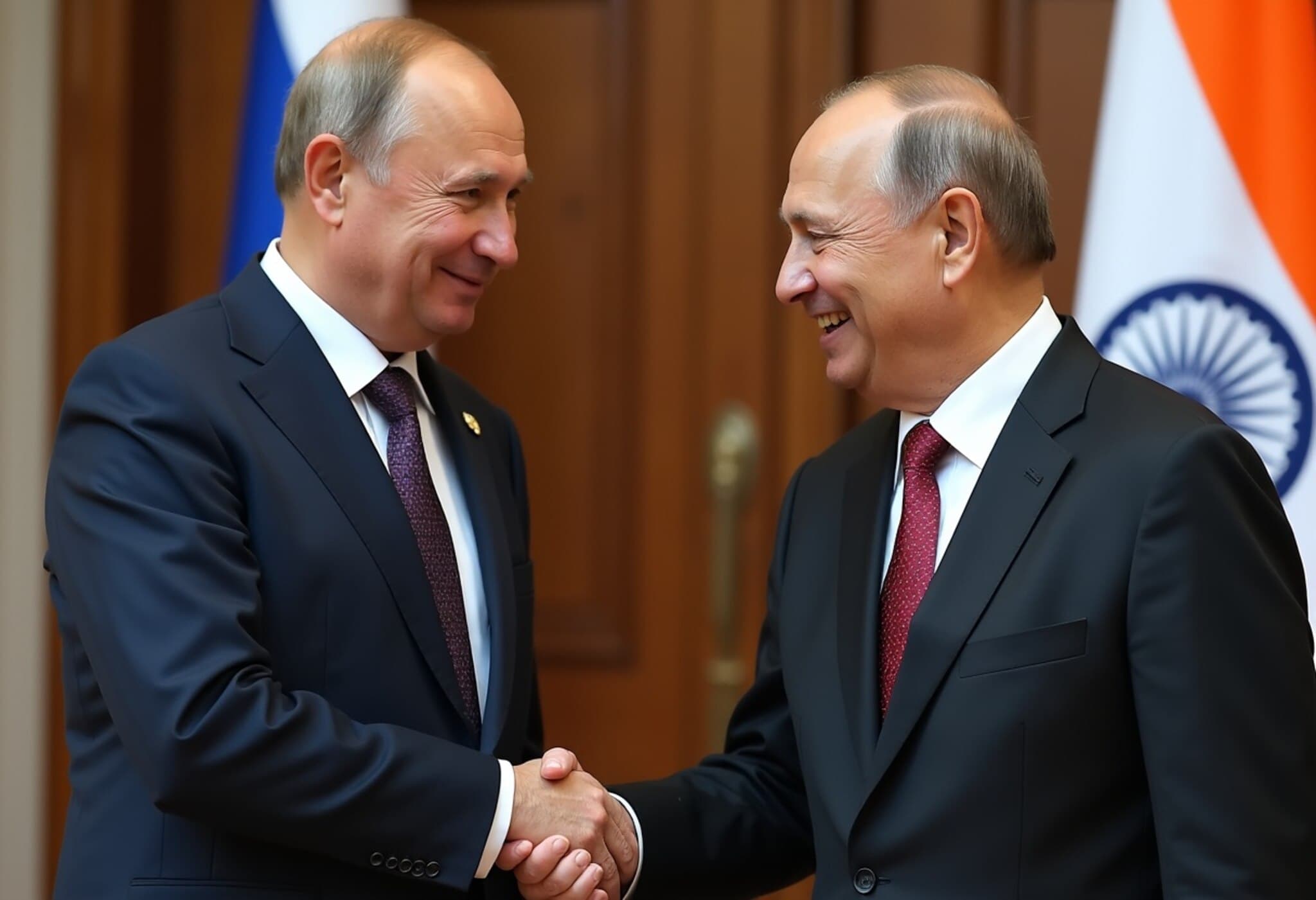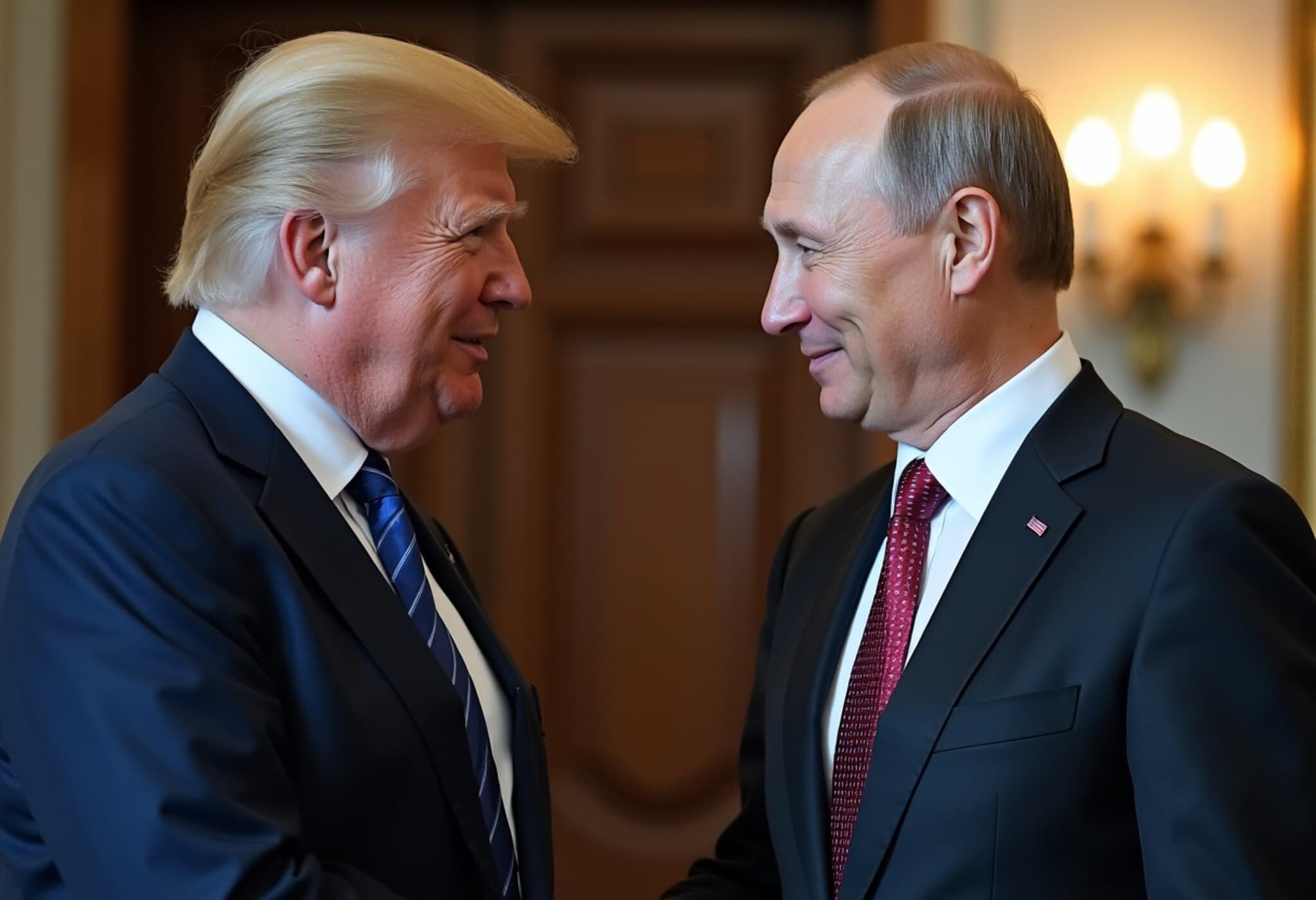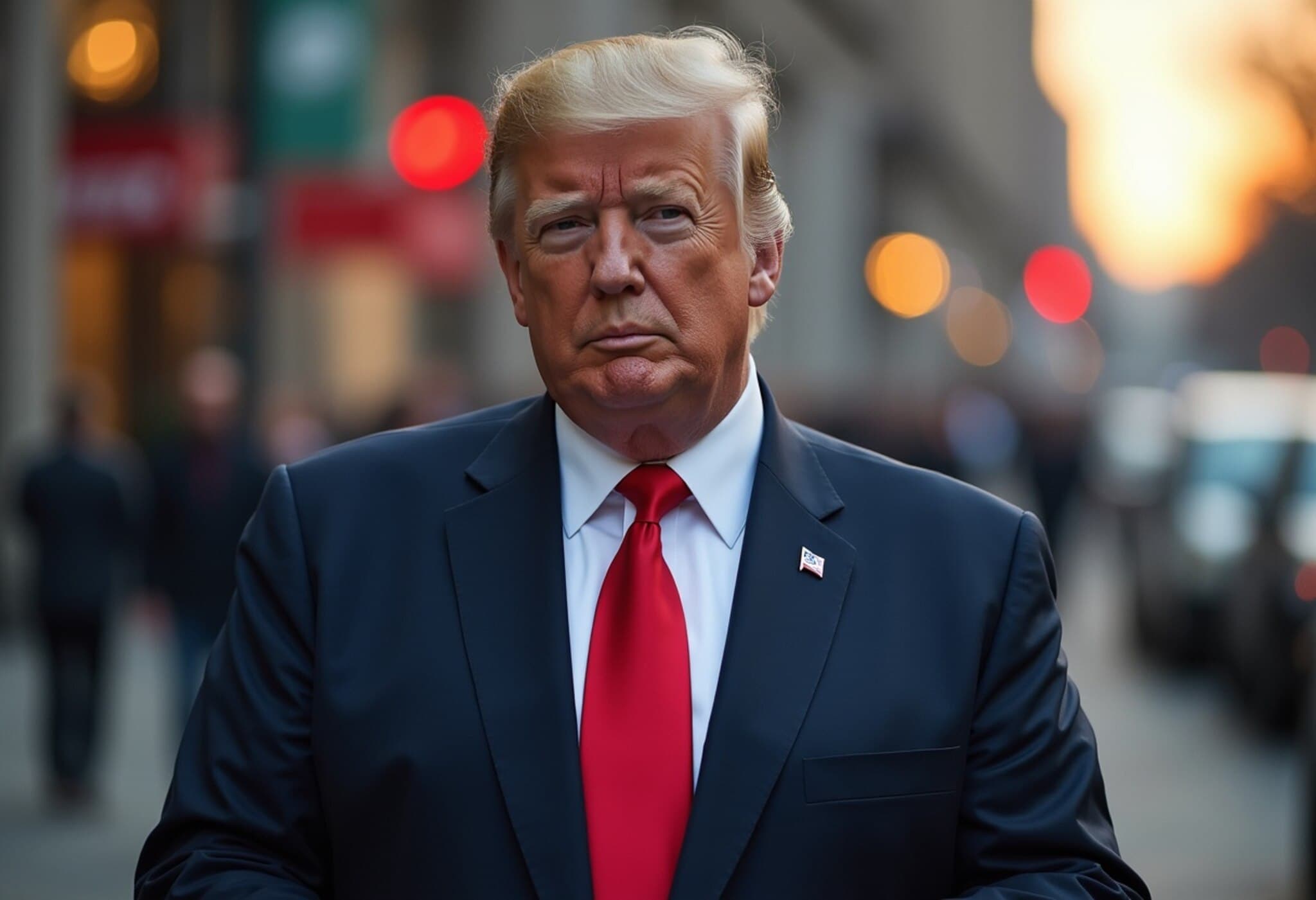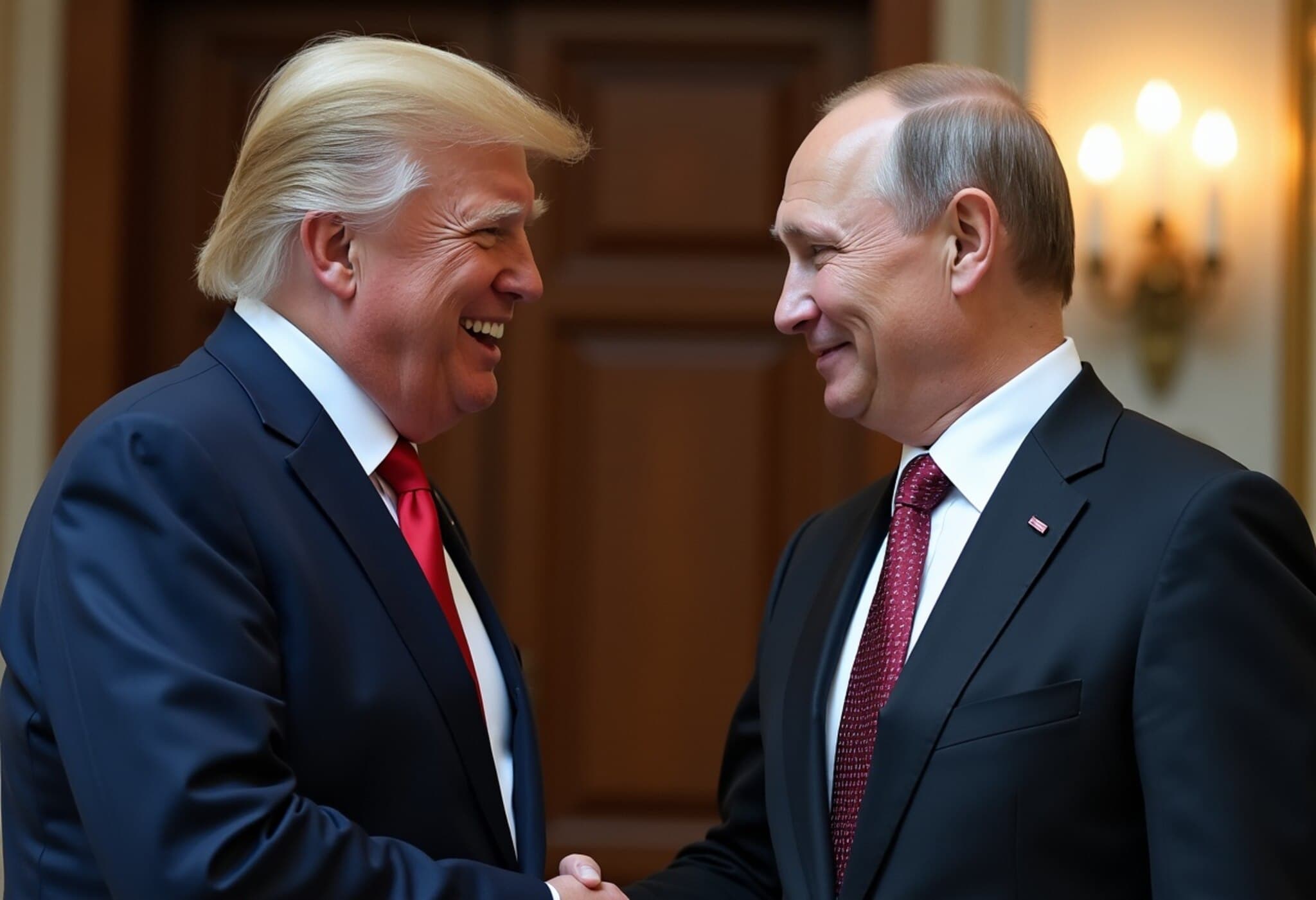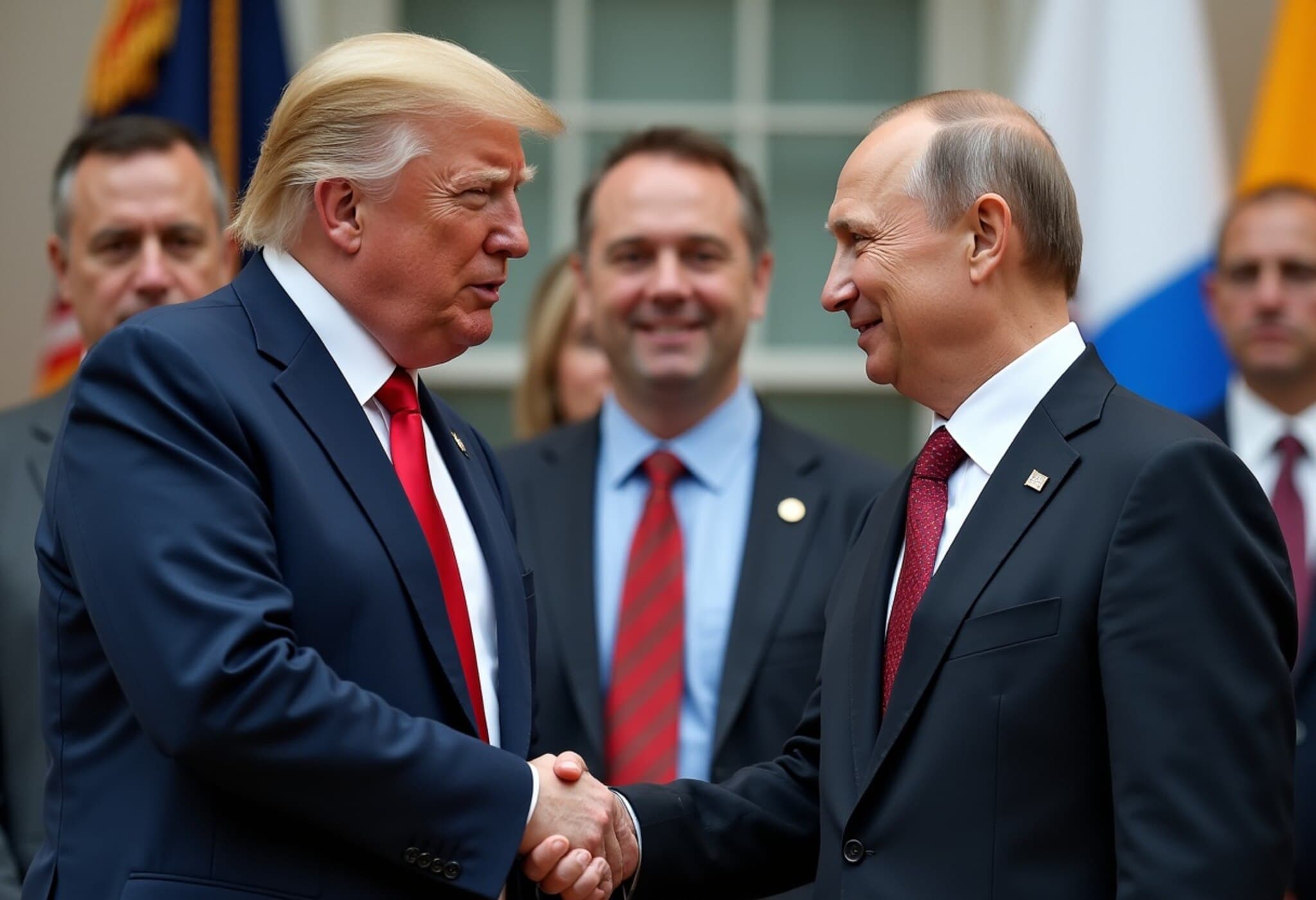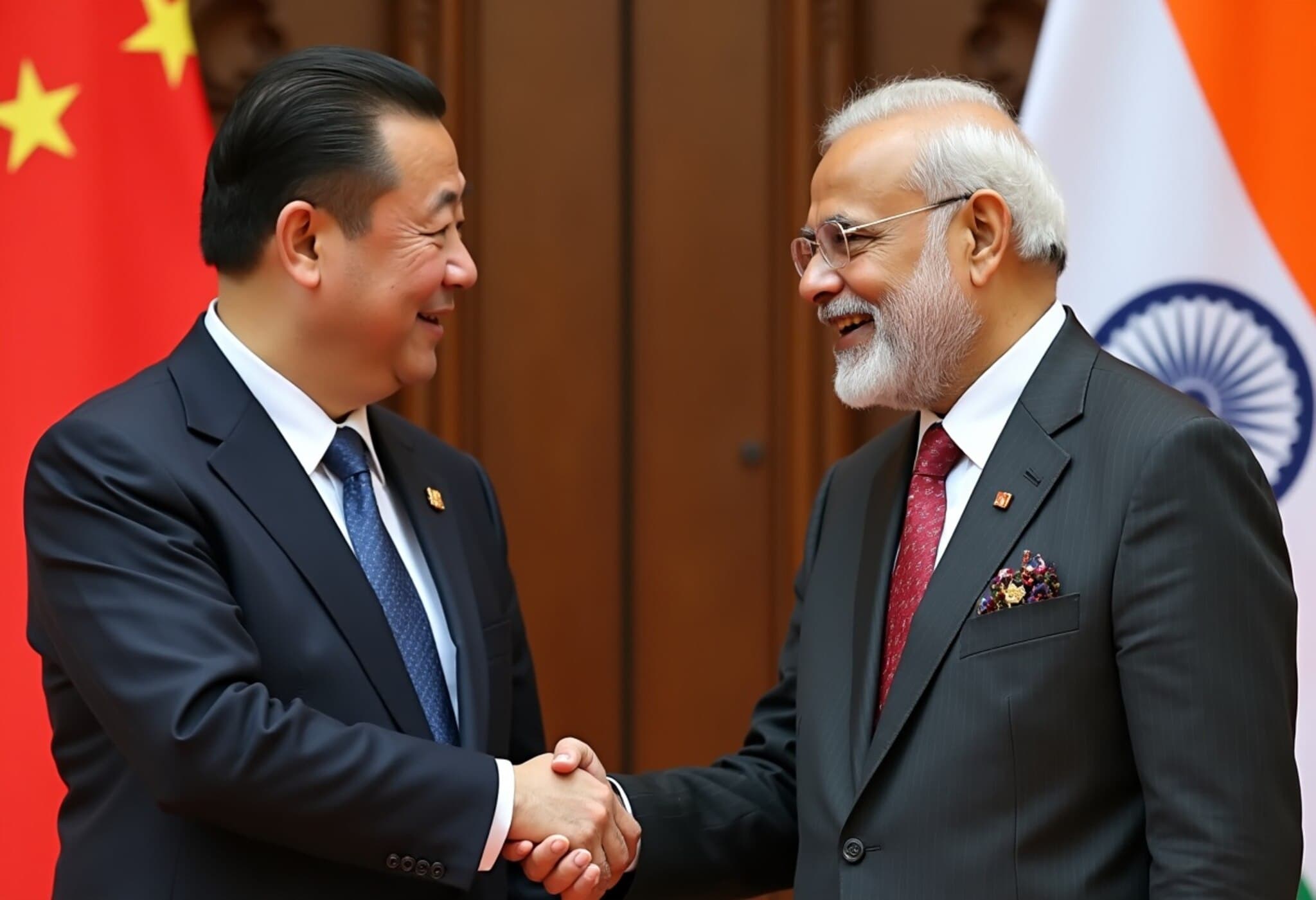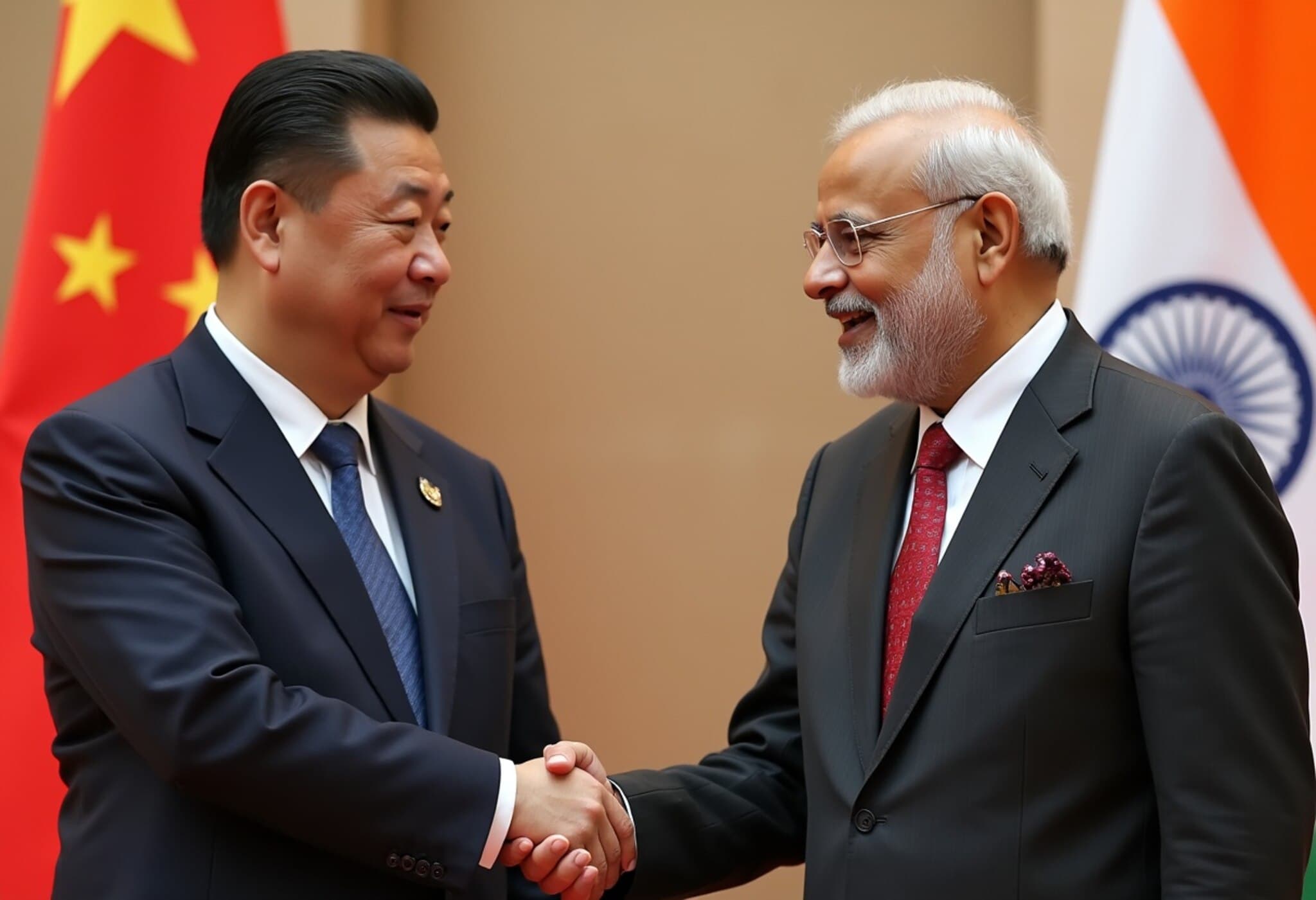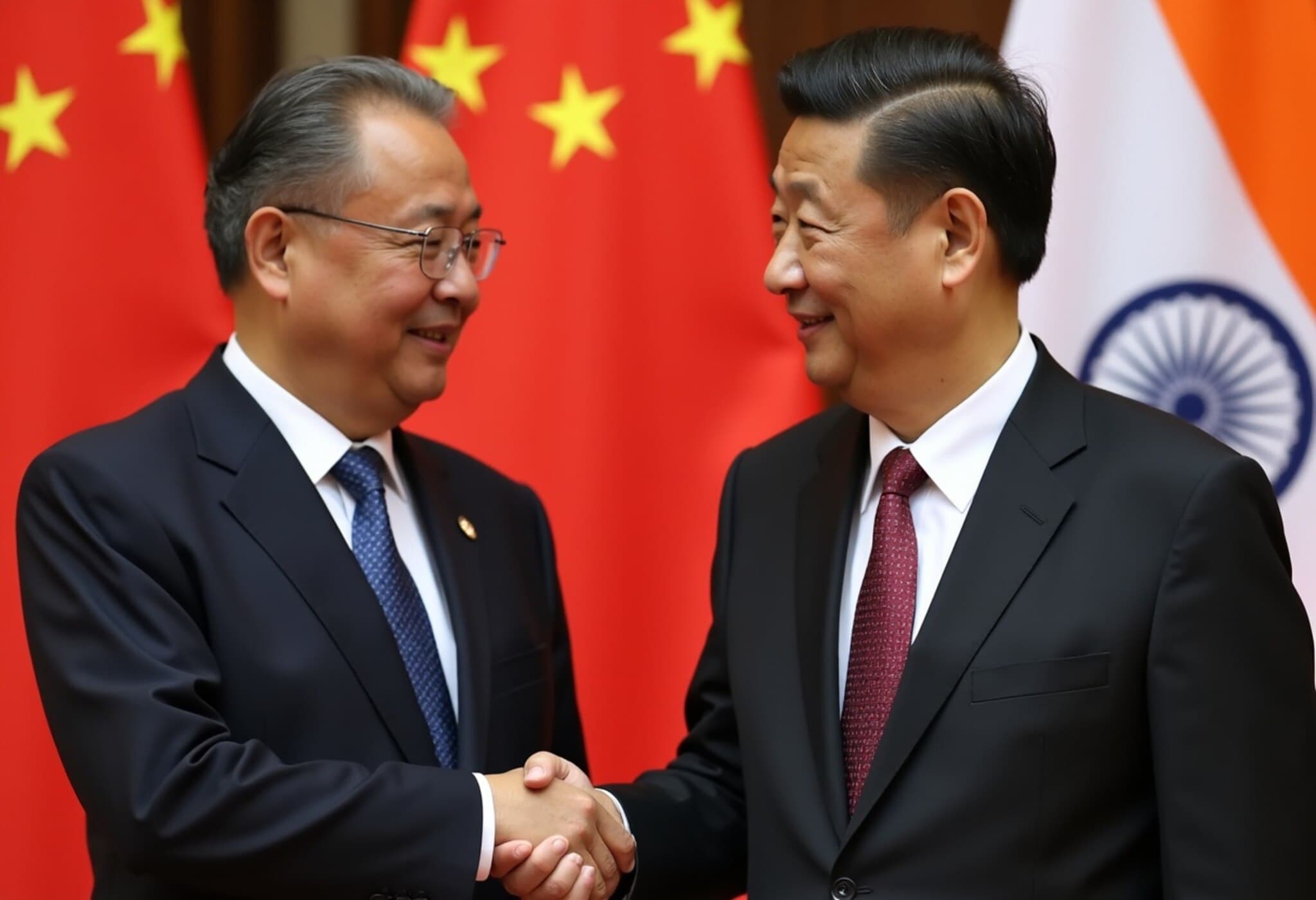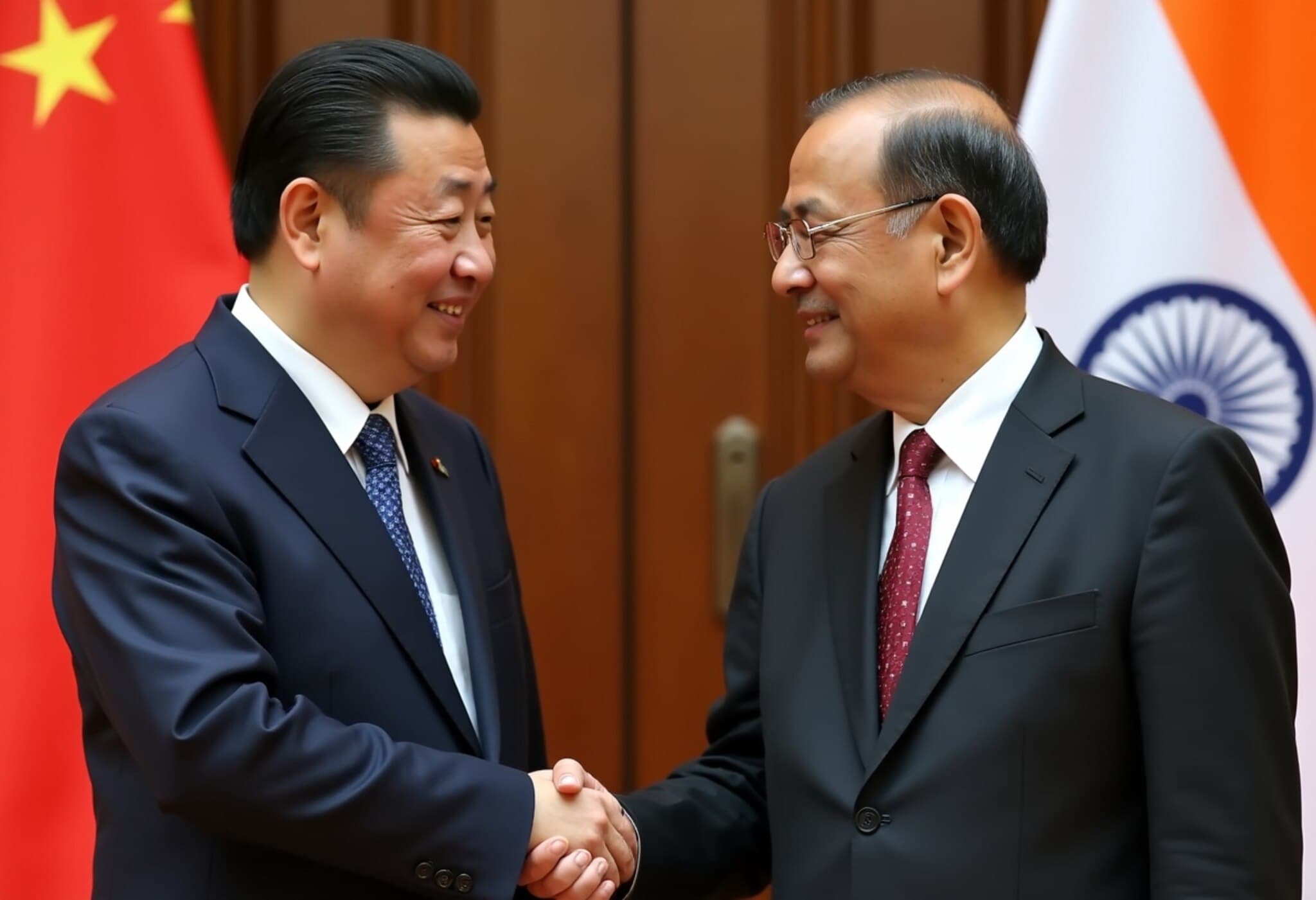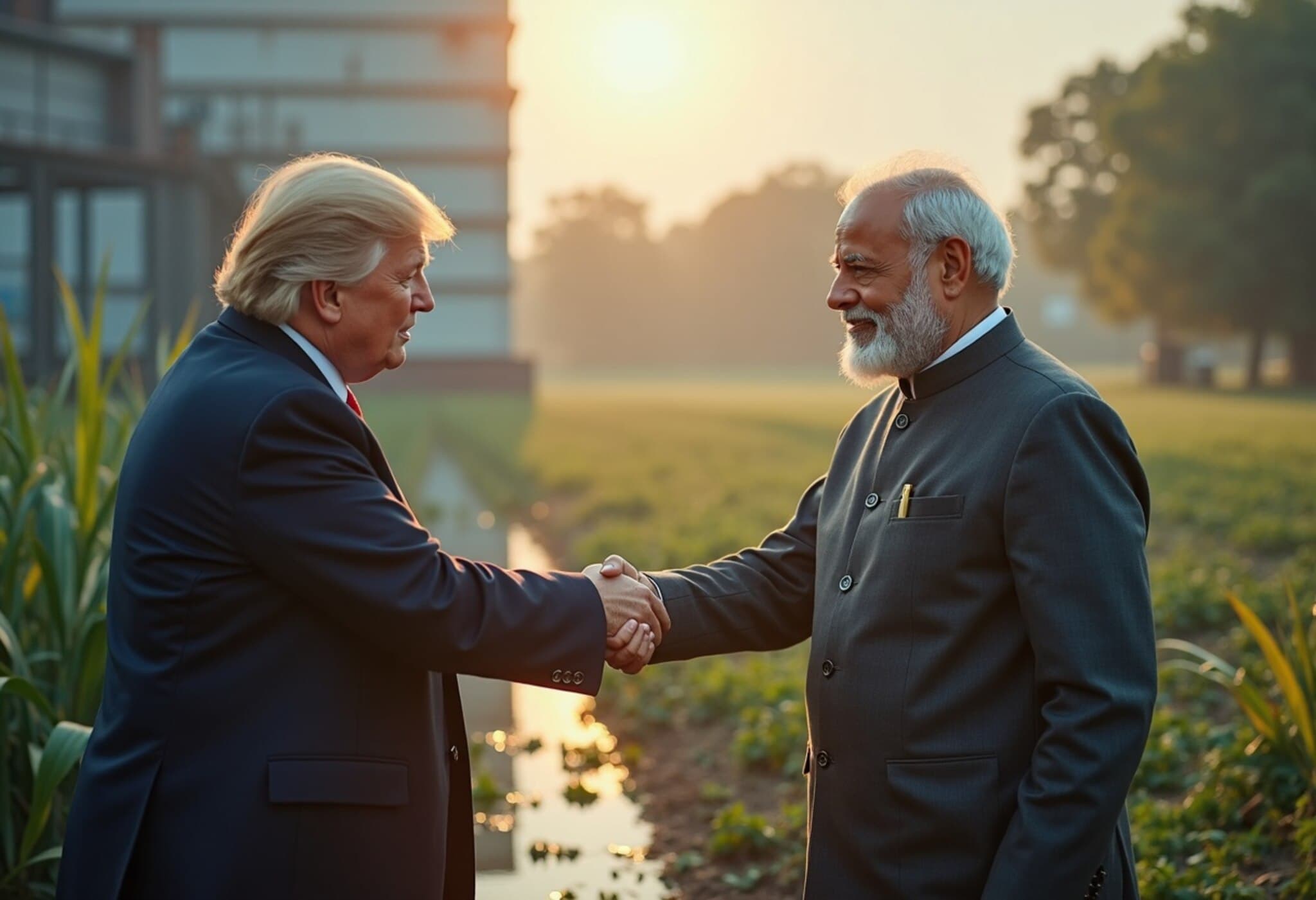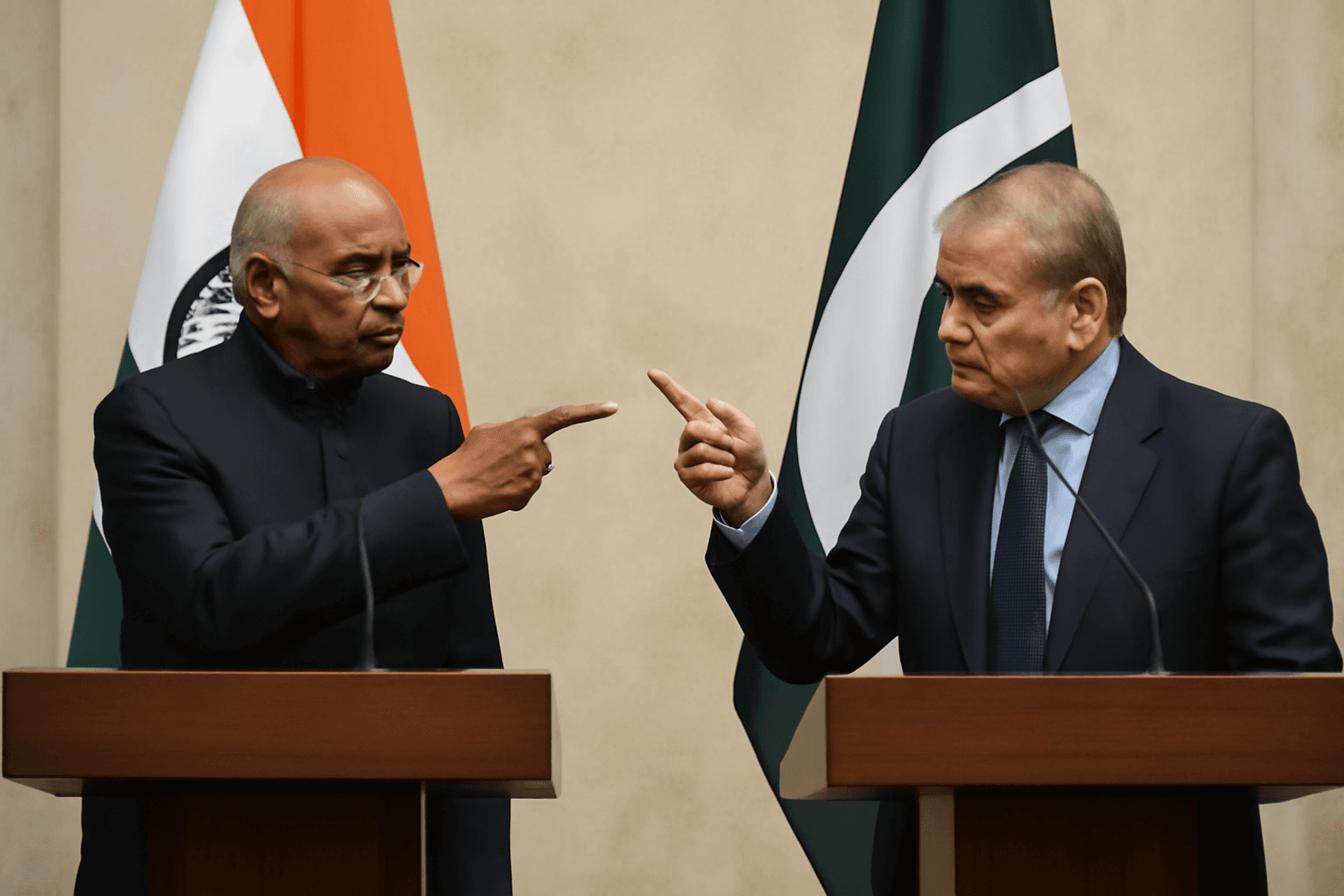India-US Defence Cooperation: A Cornerstone of Strategic Partnership
On August 14, 2025, the Ministry of External Affairs (MEA) of India reaffirmed the critical importance of defence relations with the United States, describing them as a foundational element underpinning the broader bilateral partnership. MEA spokesperson Randhir Jaiswal highlighted that this collaboration extends robustly across all operational domains and continues to deepen in scope and scale.
Enduring Defence Agreements and Upcoming Joint Engagements
At a regular media briefing, Jaiswal emphasized the role of foundational defence agreements that have solidified trust and interoperability between the two militaries. These agreements serve as a bedrock for bilateral military activities ranging from equipment exchanges to strategic dialogues.
Looking ahead, the Defence Policy Team from the United States is scheduled to visit New Delhi in mid-August, signifying ongoing high-level consultations aimed at enhancing defence collaboration. Furthermore, the 21st edition of the joint military exercise ‘Yudh Abhyas’ is slated to occur later this month in Alaska, reinforcing shared commitments to regional security and military readiness.
These initiatives are set against plans to hold the 2+2 Intersessional meeting at the working level by the end of August, a forum vital to aligning defence and foreign policy priorities.
Contextualizing Recent Human Rights Tensions
Addressing sensitive diplomatic terrain, Jaiswal responded to the recent United States State Department’s human rights report concerning India. He characterized the report as a blend of “imputations, misrepresentations and one-sided projections,” that fail to appreciate India's complex democratic framework, pluralistic society, and extensive institutional mechanisms safeguarding human rights.
India’s stance underscores a steadfast dismissal of such assessments as biased, reiterating a commitment to human rights advancement through inclusive development and governance rather than external judgment.
Uncertainty Over PM Modi’s Attendance at the United Nations General Assembly
In a further diplomatic update, the MEA spokesperson stated that no final decision had been reached regarding Prime Minister Narendra Modi’s participation at this year’s United Nations General Assembly—a question that often signals India’s key diplomatic messaging on the global stage.
Expert Analysis: Why India-US Defence Ties Matter More Than Ever
The strategic partnership between India and the US transcends mere military transactions; it reflects a shared vision for a stable Indo-Pacific region amidst rising geopolitical tensions. The defence agreements and joint exercises like ‘Yudh Abhyas’ not only foster battlefield compatibility but also serve as confidence-building measures against common challenges, such as maritime security threats and counterterrorism.
Moreover, America’s role as a major arms supplier alongside joint technological collaboration has helped propel India's military modernization, crucial for maintaining regional power balances and safeguarding national interests.
However, the diplomatic friction over human rights highlights the nuanced challenge of balancing global governance ideals with sovereign domestic frameworks. Such moments test the resilience of bilateral ties but also emphasize the importance of open dialogue.
Looking Ahead: Questions to Watch
- Will the upcoming defence consultations lead to new agreements or expanded military technology sharing?
- How might India’s domestic policies influence future US reports and bilateral perceptions?
- Could PM Modi’s potential attendance at the UNGA reshape India’s diplomatic messaging amidst evolving global conflicts?
Editor’s Note
India and the United States continue to build a multi-dimensional partnership where defence cooperation acts as a keystone. While shared strategic interests drive collaboration, sensitive areas such as human rights require nuanced mutual understanding to avoid undermining broader ties. As geopolitical landscapes shift, watching how these two democracies navigate cooperation and contention will be essential for policymakers and observers alike.
Readers are encouraged to consider the interplay between military alliances and democratic values, understanding that each informs the health and longevity of international partnerships in complex ways.

